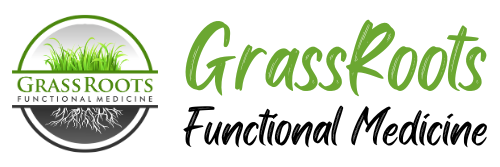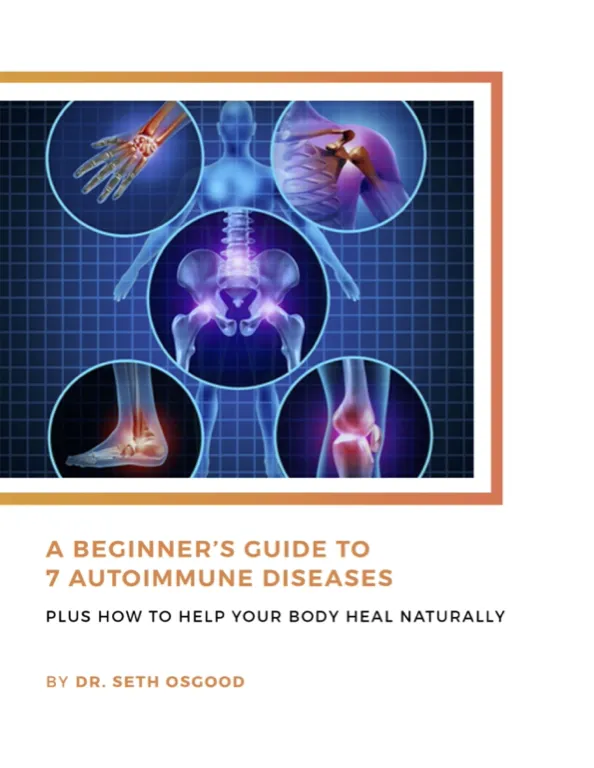One of the most common questions I hear from Hashimoto’s and hypothyroid patients is, “Which thyroid medication is best?”
The truth is there’s no one right answer because each patient is unique and responds differently to different medications.
The key is to find the medication, or combination of medications, that works best for you and then work with your doctor to make adjustments based on your lab results and progress.
So to help you determine which option is the best for you, let’s look at the three main types of thyroid medications and weigh their pros and cons.
T4 Medications like Synthroid
These are the most common type of thyroid medication. In fact, Synthroid® and its generic form Levothyroxine were the second most prescribed drug in America last year.
These are synthetic formulations and provide a dose of T4 hormone which is the storage form of your thyroid hormones. Your body still needs to convert this hormone to T3, the active form that actually does the work.
However, many patients don’t convert T4 to T3 very well due to factors like nutrient deficiencies, stress, and hormone imbalances.
Many of the patients who come to see us have this exact problem and have previously struggled with fatigue, brain fog, hair loss, and other thyroid symptoms when prescribed T4-only medications.
T3 Medications like Cytomel
This type of thyroid medication provides a direct dose of the active form of thyroid hormones, T3. They are prescribed in addition to a T4 medication for patients who don’t convert thyroid hormones to their active form very well.
They are synthetic and are available in both pre-formed tablets and compounded medications, which are custom formulated by the pharmacy at the dose specified by your doctor.
The pre-formed medications, such as Cytomel®, are not time release formulas and typically need to be taken twice a day. Because they deliver a sudden, short-lived burst of hormones, they can cause some patients to feel jittery or “revved up”.
Compounded T3 medications, on the other hand, can be prepared in a time-release formula for a more even delivery of hormones. However, they can only be prepared at a compounding pharmacy.
Natural Desiccated Thyroid Medications like Armour
These medications, called NDT, come from the dried thyroid glands of pigs and are natural, as opposed to synthetic, and include Nature Throid, WP Thyroid, and Armour®.
They provide all four types of thyroid hormones, including T4 and T3, so they are the most similar to your body’s natural thyroid function.
Because of this, many patients feel the best and see the greatest improvement in symptoms and labwork when taking these types of thyroid medications.
Some conventional doctors are reluctant to prescribe NDT medications, claiming the levels of thyroid hormones in them is inconsistent. This was actually true several decades ago, but regulations were put in place in the 80s that made hormone levels just as precise in NDT as they are in synthetic drugs.
Meanwhile, some integrative practitioners claim that NDT medications can worsen Hashimoto’s because they contain thyroglobulin, which is one of the substances attacked by your immune system if you have Hashimoto’s.
Most practitioners agree that this is incredibly rare and that as long as you’re carefully monitoring antibody levels, NDT medications are completely safe to try.
UPDATE: Recently more rumors about NDT medications have surfaced, so I went directly to the suppliers to investigate the claims. Here’s what I found out.
Looking Beyond Medication to a Root Cause Approach
No matter which thyroid medication works best for you and how well it manages your symptoms, make sure you’re remembering to look at the bigger picture.
If you’re not looking at what caused your thyroid dysfunction to begin with, or making any diet and lifestyle changes to address it, then it’s only a matter of time before you need even more medication or you develop another problem.
On the other hand, if you identify your root causes with a functional medicine approach and the right testing, and you overcome them, you can typically decrease your thyroid meds or even come off of them altogether.
In fact, many of our patients will see a significant reduction in thyroid antibodies, leading to an improvement in thyroid function after completing our Adaptation Program.
This process can involve optimizing nutrition, working on stress relief, detoxing toxins, and treating infections, and it takes hard work and commitment.
However, the freedom and exhilaration they feel when their symptoms have disappeared, their energy has returned, and they’re medication-free is always worth it.
If you’re ready to get to the root of your own thyroid dysfunction with an approach that goes far beyond medications to get results that last, we’d love to work with you.
Just check out our Adaptation Program to see if it’s the right fit for you and book your free, 10-minute discovery call to learn more.
About the Author: Dr. Seth Osgood is a Doctor of Nursing Practice, Board Certified Family Nurse Practitioner and Institute of Functional Medicine (IFM) Certified Practitioner. Dr. Osgood received his post-graduate training in Functional Medicine through the IFM and from working with Dr. Amy Myers. He has helped people from around the world improve their health utilizing a Functional Medicine approach.
Want to work with Dr. Osgood and the GrassRoots team? Become a patient in our West Lebanon, New Hampshire Functional Medicine clinic, our Burlington, Vermont Functional Medicine clinic, or our Austin, Texas Functional Medicine clinic!






0 Comments